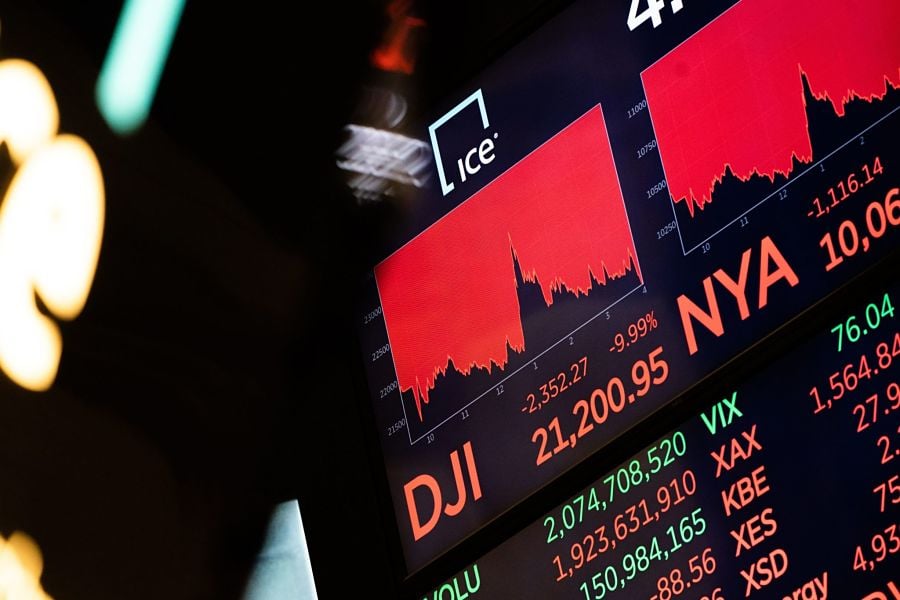

State Street Corp. is delaying rebalances of some of its biggest ETFs amid the coronavirus-fueled market turmoil.
The $256 billion SPDR S&P 500 ETF Trust (SPY) is among almost 60 products tracking S&P Dow Jones indexes that are affected, according to an April 8 letter sent to specialist traders known as authorized participants and seen by Bloomberg News. The document cited “extreme global market volatility” and follows a decision by the index provider to postpone a quarterly rebalancing that was scheduled for last month.
The majority of these funds will now rebalance after market close on June 19. The SPDR S&P 1500 Momentum Tilt ETF and the SPDR S&P 1500 Value Tilt ETF will go through that process after regular trading hours on April 17, while the SPDR S&P Global Infrastructure ETF’s rebalancing was delayed to June 30 after the market close.
“The funds are rules-based and seek to track third-party indexes and our rebalancing will reflect the rules within each methodology,” according to a State Street Global Advisors spokesperson. “If the rebalances are delayed by the index provider, we will follow suit to ensure we perform the stated objective of our investment strategy, which is to seek to provide investment results of a defined benchmark.”
Concern over the economic fallout from the coronavirus outbreak has spurred volatility across assets classes. The S&P 500 recorded the quickest plunge into correction territory on record in February, before snapping back into a bull market this week.

Integrated Partners is adding a mother-son tandem to its network in Missouri as Kestra onboards a father-son advisor duo from UBS.

Futures indicate stocks will build on Tuesday's rally.

Cost of living still tops concerns about negative impacts on personal finances

Financial advisors remain vital allies even as DIY investing grows

A trade deal would mean significant cut in tariffs but 'it wont be zero'.
RIAs face rising regulatory pressure in 2025. Forward-looking firms are responding with embedded technology, not more paperwork.
As inheritances are set to reshape client portfolios and next-gen heirs demand digital-first experiences, firms are retooling their wealth tech stacks and succession models in real time.
